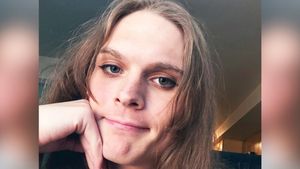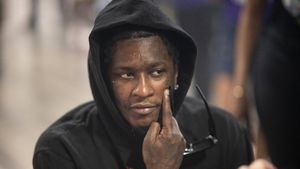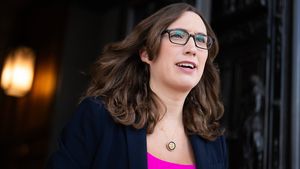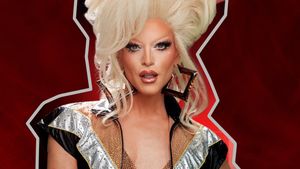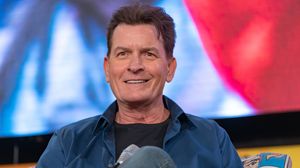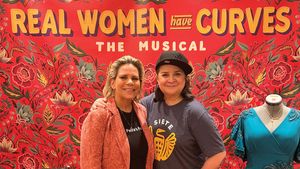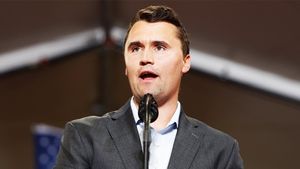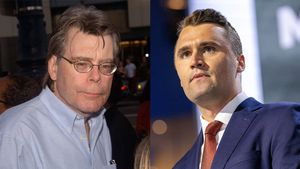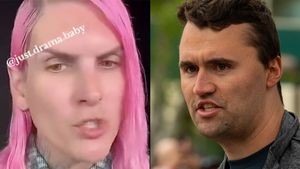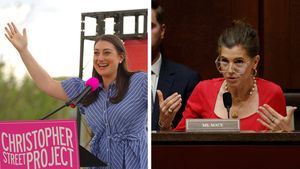President Barack Obama, like many presidents, has had his ups and downs over his two terms. And while he has received much criticism for his stance on same-sex marriage and his relationship with the LGBT community, it was under his presidency that same-sex marriage became legal nationwide (a dramatic change from just two states in 2008) and LGBT rights were expanded greatly.
Now in the final year of his last term, Obama looks back on his presidency and his relationship with the LGBT community in Out magazine. His support for LGBT Americans, he said, was rooted in his childhood as an outsider.
"This really goes back to when I was a kid, because my mom instilled in me the strong belief that every person is of equal worth," he said. "At the same time, growing up as a black guy with a funny name, I was often reminded of exactly what it felt like to be on the outside."
The interview in general is a fantastic read but of particular interest, is when Obama addresses his experience working on housing problems in Chicago in the 1980s and how the HIV epidemic affected it.
When you were a community organizer in the South Side of Chicago in the 1980s, one of the principal issues was housing. Was the impact of AIDS and HIV a part of that?
In Chicago in the 1980s, as was the case across the country, Americans living with HIV/AIDS were unfairly evicted from their homes, fired from their jobs, and forced to face social, economic, and personal atrocities — which is to say nothing of the health problems they were dealing with. That's one of the reasons that my administration developed teh first-ever comprehensive National HIV/AIDS Strategy for the United States. People living with HIV are benefiting from more effective collaboration across the federal government. By the way, they're also benefiting from the implementation of the Affordable Care Act, which allows for funding increases and groundbreaking new work towards an AIDS-free generation.
The interview demonstrates how much progress has been made — from the time a president wouldn't say AIDS in public to a president addressing the needs of HIV-positive people — and it also highlights how much further we have to go in addressing inequalities in the nation.
You can read the whole interview in Out.

